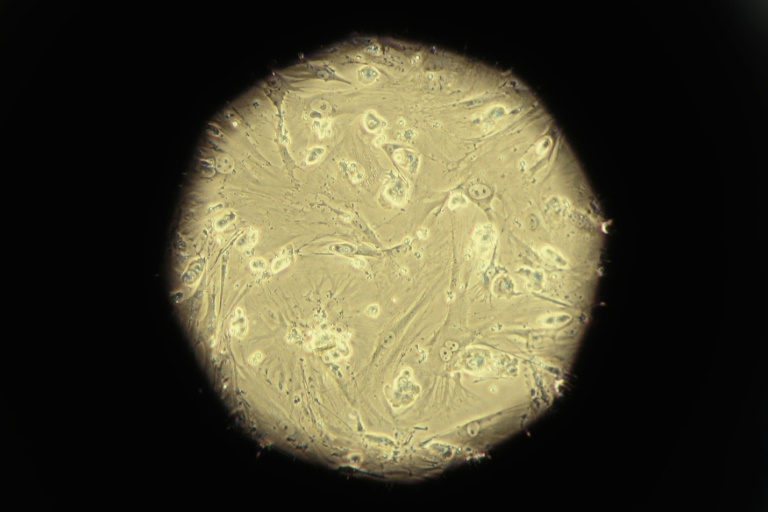-
Tips for becoming a good boxer - November 6, 2020
-
7 expert tips for making your hens night a memorable one - November 6, 2020
-
5 reasons to host your Christmas party on a cruise boat - November 6, 2020
-
What to do when you’re charged with a crime - November 6, 2020
-
Should you get one or multiple dogs? Here’s all you need to know - November 3, 2020
-
A Guide: How to Build Your Very Own Magic Mirror - February 14, 2019
-
Our Top Inspirational Baseball Stars - November 24, 2018
-
Five Tech Tools That Will Help You Turn Your Blog into a Business - November 24, 2018
-
How to Indulge on Vacation without Expanding Your Waist - November 9, 2018
-
5 Strategies for Businesses to Appeal to Today’s Increasingly Mobile-Crazed Customers - November 9, 2018
Francis Crick Institute Gets Approval for New Gene Editing Techniques
“Increasing our understanding of how the early human embryo develops will add to the knowledge needed for strategies to assist infertile couples and reduce miscarriage”, Professor Bruce Whitelaw, of Edinburgh University said.
Advertisement
A scientist in Britain now has the go ahead to genetically modify human embryos to be used in research, using a controversial technique that some have said would eventually be used for the creation of designer babies.
For the first time in history scientists will be allowed to genetically modify human embryos.
The new Francis Crick Institute building, now being erected next to St Pancras.
The work carried out at the Crick will be for research purposes and will look at the first seven days of a fertilized egg’s development (from a single cell to around 250 cells).
Britain is permitting scientists to modify the genes of human embryos, making it the first nation in the world to grant state approval to the practice. “China has guidelines, but it is often unclear exactly what they are until you’ve done it and stepped over an unclear boundary”, Robin Lovell-Badge, scientific adviser to the HFEA, told BBC News.
In a landmark ruling the UK’s Human Fertilisation and Embryology Authority has allowed a group of scientists to genetically alter the DNA of human embryos. “Miscarriage and infertility are extremely common but they are not very well understood”.
Around half of fertilised eggs do not develop properly and experts believe faulty DNA may play a role.
“I am delighted that the HFEA has approved Dr Niakan’s application”, Francis Crick Institute Director Paul Nurse in a statement (via Nature).
“So this is the first step in a well mapped-out process leading to GM babies, and a future of consumer eugenics”.
HFEA regulations prescribe that donated embryos could only be applied to research purposes and never for treatments; and the embryos must be given by patients who understand what the donated embryos will be used for as part of excess in their IVF treatment.
Advertisement
“We should feel confident that our regulatory system in this area is functioning well to keep science aligned with social interests”.




























